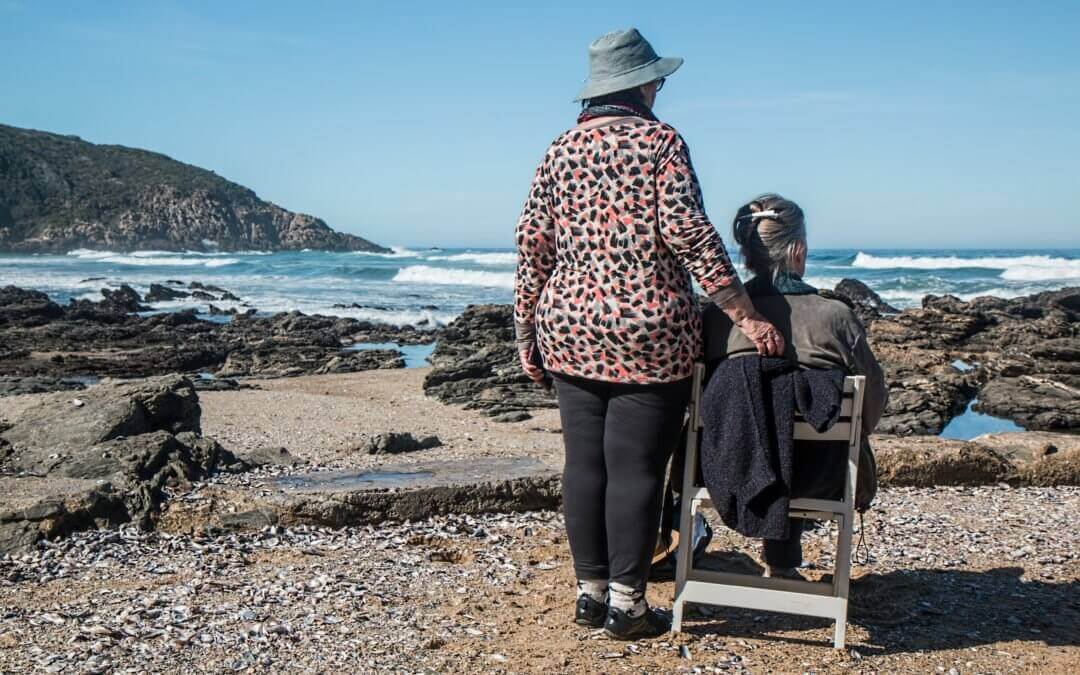When it comes to deciding what type of care service you, or a loved one, are in need of, there are many different options and care choices available. As some people may not be aware of these, and an individual’s care needs can change over time, we have put together some information regarding various types of care for the over 18 age group ( adults and elderly), so you can choose the best option for your family.
In-home care choices:
Live-in care
Live-in care can be provided by family, friend caregivers or a professional carer. It usually includes assistance with daily tasks such as bathing, cooking and walking, and any other help to allow the person requiring care to live comfortably and as independently as possible based on their strengths. A carer provides invaluable companionship too. This is one of the most popular types of care, particularly for elderly or physically disabled people who are either too old, sick, or unable to take proper care of themselves without support.
Overnight care
Overnight care can come in two forms. For people requiring assistance during the night as well as in the daytime, it can be too much for a live-in carer to handle, as they need their rest too. An overnight carer can assist if the person requiring care wakes up during the night and risks injuring themselves, needs assistance with going to the bathroom, or if they need to take medication at certain times. They can also sleep in their patient’s house to relieve anxiety and to be available should they need help during the night.
Learning disabilities care
Depending on the specific needs of the person, a carer can assist in organising a comprehensive care plan that prioritises skills development and social relationships for the patient. Those with learning disabilities will need highly specialised care that is catered to their individual, often with complex needs.
Types of care services in an external facility:
Respite care
For full-time carers, respite care gives family or friend caregivers a break for a agreed amount of time, depending on the situation. It can involve the person requiring care to stay in a care facility whilst the caregiver takes a break, or a replacement professional carer filling in hours or even temporarily taking over while the primary caregiver rests. Sometimes, caregivers may need a break of a few weeks, a few days, or a number of hours during the day for a set amount of time. Respite care gives family or friend caregivers a chance to re-energise, attend to other personal commitments or deal with stress and anxiety.
Dementia or Alzheimer’s care
Care for people suffering from dementia needs to be highly specialised, so a professional carer trained in dementia awareness would be the best choice. This care choice can allow the patient to remain in their home, where the professional carer keeps the home tidy and safe, but in more serious cases, it may be necessary for the patient to live in a care facility so they can be adequately cared for.
Convalescence care
This type of care is needed when someone is recovering from illness (such as a stroke) or injury. The main focus of convalescent care is on rehabilitation and regaining any abilities they lost as a result of the illness or injury; and the patient may require physical, occupational or speech therapy as a part of their treatment. This type of rehabilitative care can also require skills to manually move the patient around, making a specially-trained rehabilitation professional carer more suitable than a family member. The care required in this situation is wholly dependent on the type and length of recovery.
Assisted living/residential care
Although home care is usually a more comfortable (and even cheaper!) option, some people still prefer residential care, most often due to the good facilities and the various activities available to residents. Assisted living facilities can offer a wide range of care depending on the patients’ needs, in a relatively comfortable setting. Support can be given for mealtimes, the organisation and administration of medication, dressing and personal care such as bathing. Residents can retain a level of autonomy and independence in a safe environment, and easily see loved ones. Residential homes are also good for keeping patients in the company of others with social events and regular human interaction, as well as encouraging recreational activities.
Skilled nursing care
This kind of care is better known as a nursing home, where highly-trained registered nurses (RN) or licensed practical nurses (LPN) can offer around-the-clock care to those who are in need of extensive assistance. These facilities offer more comprehensive care than assisted living facilities, so if your loved one needs a higher level of care, skilled nursing care may be the best option.
Medical care
Unlike many other types of care services, medical care usually takes place within a skilled nursing facility, where a physician plays the role of developing appropriate care plans, in tandem with staff, patients and their families. They also monitor medication, examinations and carry out any necessary treatments.
Palliative care
Also known as end of life care or hospice care, this care type is for terminally ill people, and offers comfort and support for individuals as well as loved ones. The ethos of hospice care is centred on reducing suffering and includes administering pain relief, therapy and counselling, and provided by professionally trained carers.
With so many care choices available, it can be difficult to find the perfect one for you and your loved one. If you’re still not sure about what type of care to choose, get in touch with us and we’ll help you make the right choice.
